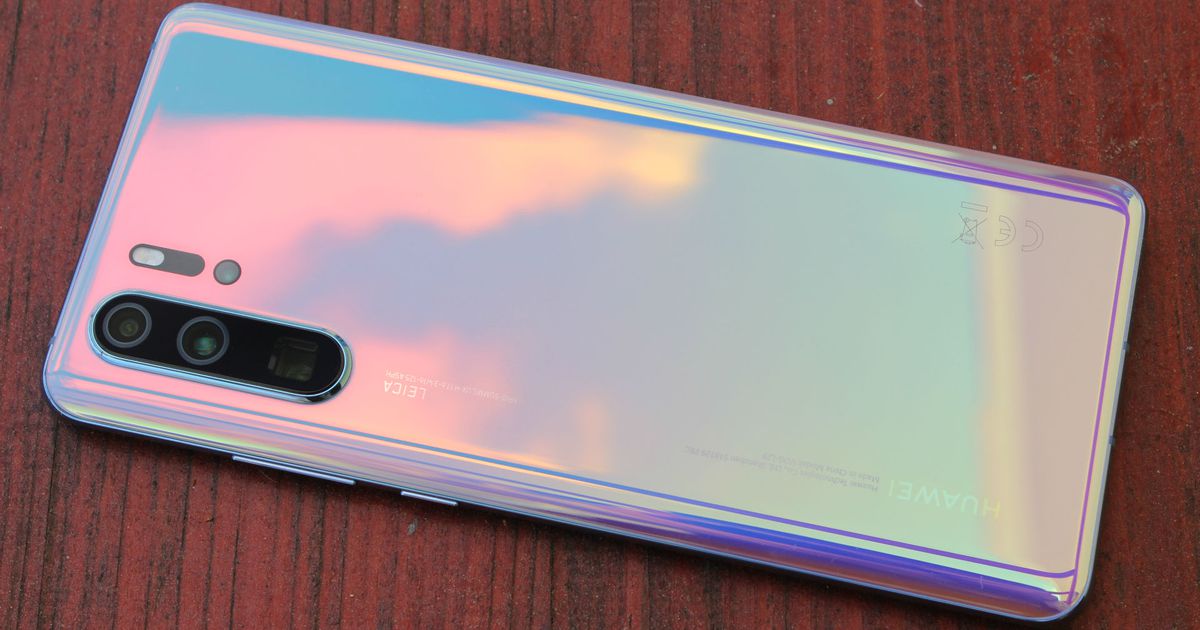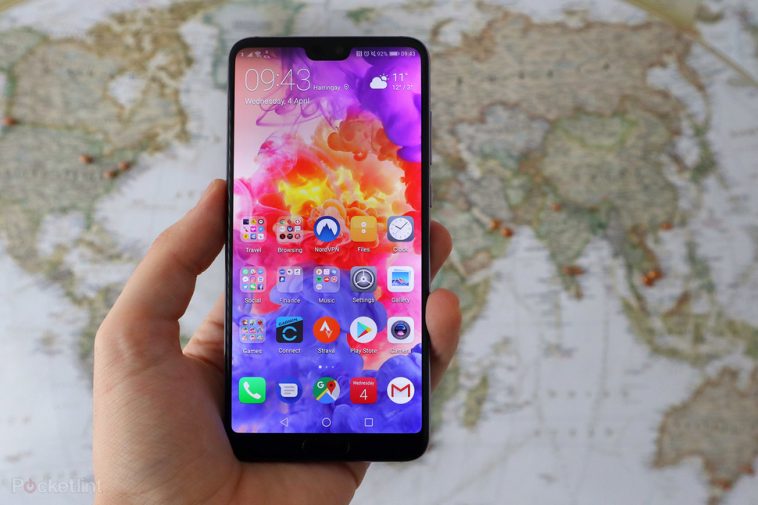TechInAfrica – Despite being accused by President Trump for stealing trade secrets—as well as affiliating with fraud and violating US sanctions against Iran, the Chinese tech giant still operates normally along with their existing handsets. Although, following that declaration, Facebook also eventually cut ties with Huawei. Google’s features like the Play Store and Android operating systems (OS) will also be able to continue normally and that users of the phones should not fret over the accusation. In other words, devices currently in your hands and in stock at retailers shouldn’t be affected in any way following the US trade ban. Google applications compatibility and Android utilities will be functioning like they always do. Loyal long-time and green new customers will still receive Google’s services, platform updates and security patches.

Being one of the most popular brand for South Africans, initially citizens were worried about on how this trade ban will affect the ways their phones work. However, Likun Zhao, General Manager of Huawei South Africa, spoke that the trade ban will have absolutely zero impact on devices in South Africa—and other nations. On behalf of Huawei, Zhao promised that none will affect existing nor future devices. As a matter of fact, Huawei will be conducting a phased approach to the Android Q updates very soon. Misinformation and conflicting reports could be the potential cause on why the gadget users are confused. User experience and the trade ban are two things that are not relevant to each other, Zhao admitted.
Android, on the other hand, released a statement on their Twitter that can be seen below:
For Huawei users’ questions regarding our steps to comply w/ the recent US government actions: We assure you while we are complying with all US gov’t requirements, services like Google Play & security from Google Play Protect will keep functioning on your existing Huawei device.
— Android (@Android) May 20, 2019
Zhao deemed that it’s crucial to reassure South African users and not to publish misleading news, which could lead to public confusion. Not just Africans in general, but this statement also applies to journalists across the world.
Source: iol.co.za



